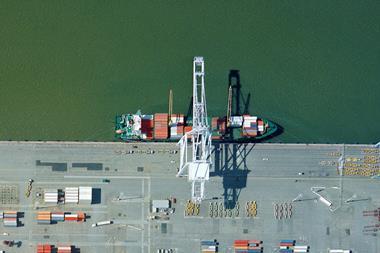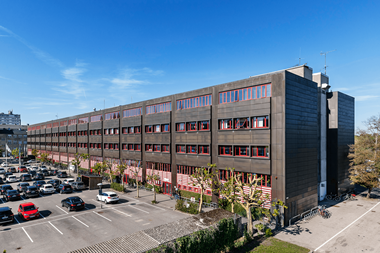Institutional investors across the globe are shifting more money into indirect real estate investments as they look for higher-yielding properties outside their domestic borders, Douglas Weill of Hodes Weill & Associates told delegates at the IP Real Estate Global Awards in Munich.
A “fairly significant shift” into more risky strategies in this asset class is also “increasing the need for external partners”, he said.
“There are still institutions that sit halfway around the world with very thin teams.”
Weill noted that this created difficulties in markets with greater liquidity and faster transaction rates.
Weill said liquidity would “continue to drive transaction volumes” and “potentially impact property evaluation, investment returns and the cost of debt capital”.
Valuations might even be “stretched by acceleration of capital into real estate”, he said.
In cooperation with Cornell University, Hodes Weill has launched a global real estate investment survey that covered almost 200 institutions last year.
It found that institutional investors in Asia-Pacific in particular were substantially underweight real estate.
The difference between actual and target allocations among investors in the region was 134bps, while in EMEA it was 104bps and 89bps in the Americas.
However, the results showed the exposure to this asset class was lowest in the Americas at 7.5% on average, while the Asia-Pacific (10.9%) and EMEA (10.4%) reported a much higher average.
Surveyed investors in the Asia-Pacific region said they expected to increase their target allocation by an additional 146bps in 2014, while EMEA investors only aim for a 50bps increase, while in the Americas investors are only planning a 30bps top up.
In total, “approximately 62% of institutions in Asia Pacific and 51% in the EMEA are expected to increase their target allocations in 2014, while only 29% of institutions in the Americas expect to increase their target allocations”, the researchers said.
Weill pointed out that this increased appetite for real estate was also a challenge for the managers, as institutions were looking for very specialised strategies and good local knowledge.
“There will be less pressure on fees and terms but more focus on alignment of interest and platform stability,” he said.
Watch Douglas Weill speak in more depth at IP Real Estate Global Awards












